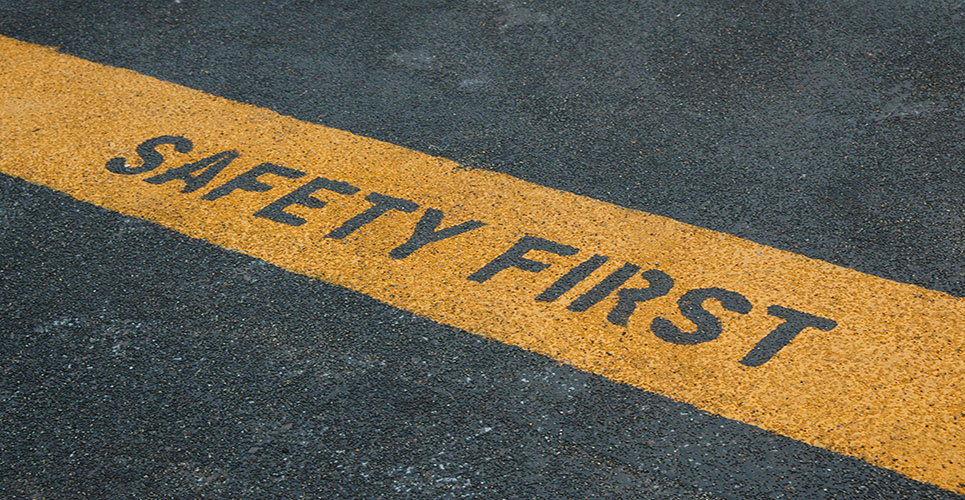teaser
GlaxoSmithKline, AstraZeneca, Sanofi-Aventis, Pfizer, Wyeth and Teva are among several drug manufacturers that received “unannounced” visits early yesterday morning from European Commission officials starting an investigation into alleged anticompetitive behaviour.
The EC said its officials visited the offices of “a number of innovative and generic pharmaceutical companies” and took away information relating to issues such as use of intellectual property rights, litigation and settlement agreements covering the EU.
Companies regard this kind of information as highly confidential and it “may also be easily withheld, concealed or destroyed,†an EC spokesman said, adding: “This is why inspections have been considered appropriate.”
Officials said the visits were not conducted on the grounds of any “positive indications of wrongdoing”, as would happen with cartel cases.
Rather, they formed the starting point for a general “sector inquiry” – investigations the EC conducts when it feels a particular market is not working as well as it should.
The commission is keen to find out why the average number of new molecular entities launched each year dropped from 40 in 1995-9 to just 28 in 2000-4, and especially whether any agreements restricting competition or unilateral abuses of dominant position were involved.
Indeed, in the USA last year the FDA cleared just 19 new medicines, including two biologics – the lowest number in 20 years.
The EC spokesman added: “Fewer new pharmaceuticals are being brought to market, and the entry of generic pharmaceuticals sometimes seems to be delayed.”
EU competition commissioner Neelie Kroes told a Brussels press conference: “If innovative products are not being produced, and cheaper generic alternatives to existing products are in some cases being delayed, then we need to find out why and, if necessary, take action.”
She added that the EU investigators were working closely with officials in the USA and individual EU member states.
The commission did not identify the companies involved in the dawn visits, but a number of drug majors have revealed that they received them.
A GSK spokesman said the firm had been contacted by the commission “to help it with its investigation”, but declined to comment on the nature of the investigation, describing this as confidential. However, would be cooperating.
Ms Kroes cited AstraZeneca, pointing to the €600m fine imposed on the firm by the EC in 2005 after it was found to have abused the patent system to delay market entry of generic versions of its blockbuster ulcer treatment Losec® (omeprazole).
AstraZeneca acknowledged that it had been approached by investigators. Pfizer also said it had been visited, a spokesman adding: “We are fully cooperating.”
The European Federation of Pharmaceutical Industries and Associations said it hoped the inquiry would “enable the commission to better understand the nature and process of innovation in the pharmaceutical sector”.
EFPIA would be providing the EC with in-depth analysis of the way competition works in the sector, including the key role of patents in driving research and innovation.
Take part in our prize-draw survey

